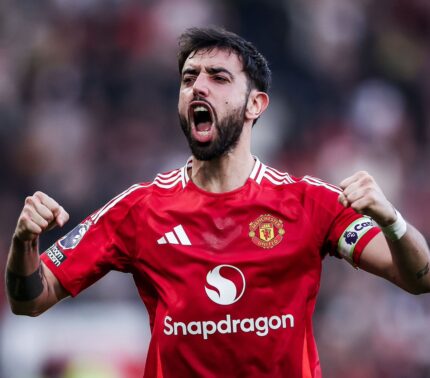Chelsea’s journey through the UEFA Europa Conference League has been smooth sailing, especially when compared to the treacherous terrain of their Premier League schedule. Their path to the final in Wroclaw on May 28 is paved with relatively low-ranked opposition, showcasing their massive advantage in squad depth, financial clout, and European pedigree. With quarter-final opponents Legia Warsaw ranked 71st in UEFA’s club coefficients and potential semi-final rivals Rapid Vienna (69th) or Djurgarden (68th), Chelsea’s ninth-place UEFA ranking makes them a dominant force in this third-tier competition.
The only formidable opponent left, Fiorentina, is ranked 36th and wouldn’t pose a challenge until the final. This disparity reinforces expectations that Chelsea should win. Yet, for fans and the club alike, the significance of this trophy is paradoxical—both meaningful as a completion of their European trophy set and a potential source of embarrassment if they fall short. For head coach Enzo Maresca and owners Clearlake Capital and Todd Boehly, it represents an opportunity to finally lift a first trophy post-Abramovich, restoring a sense of momentum and credibility to their tenure.
A Trophy with Mixed Perceptions
While becoming the first club to win all three major European competitions adds to Chelsea’s legacy, the prestige of the Conference League is still debated. Winning it would likely not spark jubilant open-top bus parades or mass celebrations at Stamford Bridge. Instead, it’s seen more as a professional obligation—one they cannot afford to fumble. Anything short of lifting the trophy would be a stain on the club’s stature, given the caliber of opposition.
Maresca has managed the competition well, using the group stage to rotate his squad and avoid burnout. This approach has kept Chelsea competitive domestically, unlike West Ham’s experience in 2022-23, where their European adventure may have contributed to a disappointing 14th-place league finish. But for all its lesser allure, the Conference League remains a crucial fallback should Chelsea’s Premier League campaign falter.
Financial Gains: Modest but Strategic
Financially, the Conference League is not a game-changer. West Ham earned around €22 million in prize money and grossed up to €30 million with home gate receipts during their winning run. After accounting for bonuses, logistics, and matchday costs, actual profits were minimal. Chelsea, with their significantly larger operational budget and squad investment, are not expected to make substantial profits from the competition either.
However, the real financial appeal lies beyond the immediate prize money. Winning the Conference League grants automatic qualification for the Europa League—a step up both competitively and commercially. Given Chelsea’s precarious position in the Premier League standings, currently projected to finish sixth, this insurance policy could be crucial in safeguarding their financial strategy and maintaining European relevance.
Europa League: The Real Financial Prize
Securing Europa League qualification for the 2025-26 season through the Conference League would provide Chelsea with a significant financial upgrade. Football finance expert Kieran Maguire notes that Manchester United grossed up to €60 million during their 2022-23 Europa League campaign despite a quarter-final exit. For a club like Chelsea, with six lucrative home games and deeper progression, the net profit could range between €25 million to €30 million—much higher than anything the Conference League offers.
This financial boost would help Chelsea comply with UEFA’s Financial Fair Play regulations, especially after using one-time internal sales of their hotel properties and Chelsea Women’s team to offset previous losses. With UEFA reportedly scrutinizing such accounting tactics, failure to qualify for a higher-tier European competition could expose the club to more stringent penalties or sanctions.
The Bottom Line: Chelsea Winning with Purpose
Chelsea’s pursuit of the Conference League title is more than a footnote—it’s a strategic necessity. While Champions League qualification via a top-five Premier League finish remains the ultimate goal, winning the Conference League guarantees at least Europa League participation, providing a vital financial and competitive buffer. It also gives Maresca a chance to secure his first piece of silverware and validates the ownership’s multi-billion-pound investment in rebuilding the squad.
In the grander scheme of Chelsea’s ambitions, the Conference League may be a modest consolation. But in a season of transition and financial scrutiny, lifting the trophy in Wroclaw could be the difference between another year among Europe’s elite—or another year wondering how far they’ve fallen














